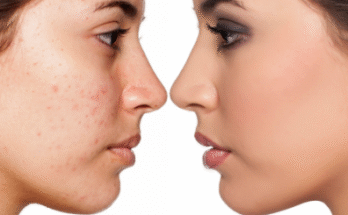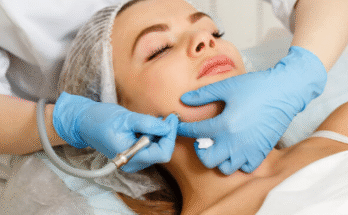Clear, healthy skin often feels like a dream that is just out of reach, but with the right habits, it can become a reality. Acne is something many people deal with at different points in life, and while no single routine works for everyone, certain daily practices can make a big difference. Instead of chasing quick fixes or harsh treatments, focusing on gentle, consistent care helps the skin remain balanced, fresh, and more resilient over time.
One of the most important habits is cleansing the skin properly. Throughout the day, oil, sweat, and impurities build up on the surface. Washing your face twice daily with a mild cleanser removes these without stripping away natural moisture. Over-washing or using strong scrubs may seem effective at first, but in reality, they can irritate the skin and encourage more breakouts. A soft approach is often the best path toward long-term results.
Hydration is another key step. Skin that is well-moisturized tends to stay healthier and less prone to irritation. Choosing a lightweight, non-comedogenic moisturizer keeps pores clear while still providing the nourishment the skin needs. Even people with naturally oily skin should not skip this step. Balanced hydration signals the skin to regulate its oil production, creating a calmer environment that discourages acne.
Diet and hydration from within also play a role. Drinking enough water throughout the day helps flush out toxins and keeps the body functioning smoothly. Including fruits and vegetables in meals adds vitamins and antioxidants that support skin health. While occasional treats are part of a balanced lifestyle, limiting heavily processed foods and excessive sugar may help reduce the chances of frequent breakouts. The goal is not strict dieting but giving the body the right building blocks to keep skin strong and clear.
Stress management is another often-overlooked factor. High stress can cause hormonal changes that trigger or worsen acne. Taking time each day to unwind through activities like reading, light exercise, or even mindful breathing can help maintain balance. A calm mind often reflects on the skin. This does not mean stress disappears entirely, but learning to manage it can keep flare-ups at bay.
Sleep is equally powerful in supporting healthy skin. During rest, the body repairs itself, and the skin benefits from this nightly renewal. Getting seven to nine hours of quality sleep gives the body a chance to restore balance, reduce inflammation, and maintain a healthy glow. Consistent sleep schedules also help regulate hormones, which is especially important for those prone to acne.
Another useful habit is protecting the skin from unnecessary contact. Frequently touching the face, resting it on hands, or picking at blemishes can spread bacteria and worsen irritation. Being mindful of this small but impactful detail can make a noticeable difference over time. Clean pillowcases and phone screens also reduce the amount of bacteria the skin comes in contact with daily.
Finally, consistency matters more than perfection. Clear skin is not about never having a blemish, but about creating an environment where the skin can thrive. Daily care, gentle products, and mindful habits add up. Results may not appear overnight, but with patience and commitment, the skin often becomes clearer and more resilient.
Developing daily habits for acne-free skin is a process that combines external care with internal balance. By cleansing gently, moisturizing regularly, staying hydrated, eating nourishing foods, managing stress, sleeping well, and avoiding unnecessary contact with the face, anyone can support their skin’s natural ability to stay healthy. While everyone’s skin is unique, building these habits provides a foundation for lasting clarity and confidence.

